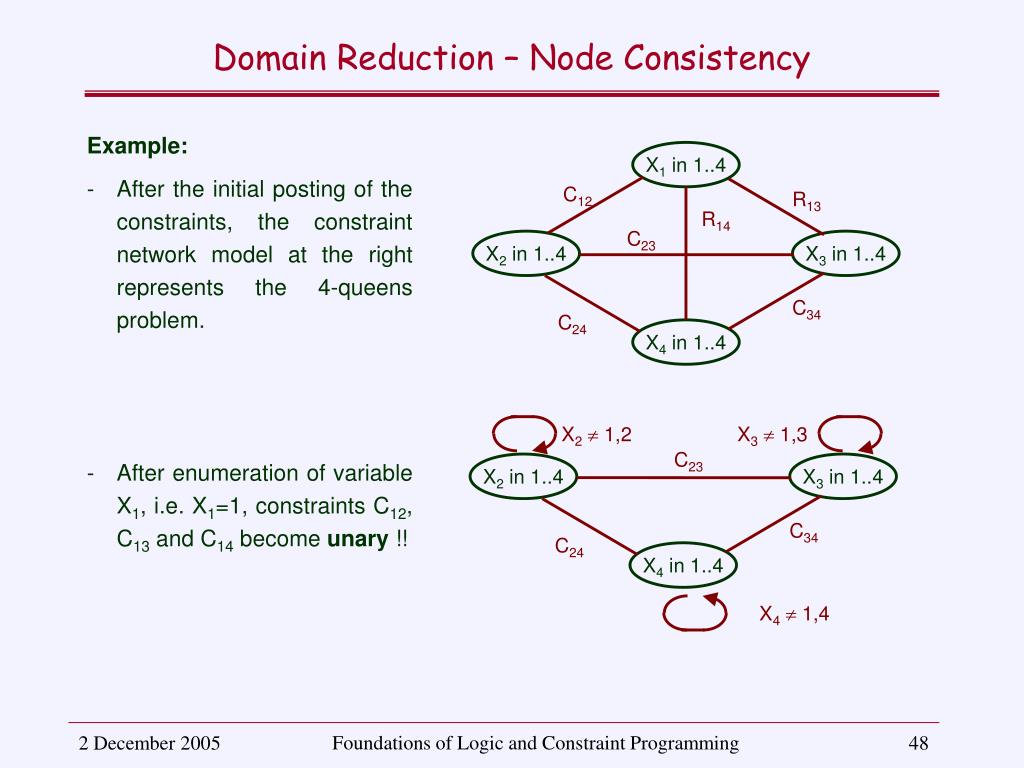
In addition, there exist some important distinctions between the BC patients with and without diabetes in the regimen selection and outcomes of cancer therapy ( 38). Pre-existing diabetes is also related to more advanced stage at presentation ( 38). Moreover, 5-year mortality rates are notably higher in patients with BC and diabetes versus their nondiabetic counterparts ( 26). Epidemiologic evidence suggests that women with diabetes have increased risk of BC ( 7). In addition, hyperglycemia promotes BC development in diabetic nude mice, and C23 inhibits the xenografted BC tumor growth.Ĭonclusions and Innovation: Our findings elucidate mechanisms that may have contributed to diabetes-associated BC progression, and provide the first evidence to support the possible alternative therapeutic approach to BC patients with diabetes.īreast cancer (BC) has a high incidence worldwide.

C23 can thus significantly block HG-triggered inhibition of p53 activity, leading to the inhibition of cancer cell proliferation, migration, and invasion. Beside directly inhibiting PP2Cδ activity, C23 blocks HG induction of PP2Cδ expression via heat shock protein 27 (HSP27) induction and subsequent ablation of ROS/NF-κB activation. Furthermore, we identified a 1,5-diheteroarylpenta-1,4-dien-3-one (Compound 23, or C23) as a novel potent PP2Cδ inhibitor with a striking cytotoxicity on MCF-7 cells through cell-based screening assay for growth inhibition and activity of a group of curcumin mimics. Reactive oxygen species (ROS)/NF-κB pathway also mediates HG induction of PP2Cδ.

The mechanisms underlying HG stimulation of PP2Cδ involve classical/novel protein kinase-C (PKC) activation and GSK3β phosphorylation.

PP2Cδ expression is higher in tumor tissues from BC patients with hyperglycemia than those with normoglycemia. Results: We observed that high glucose (HG), via activation of nuclear phosphatase PP2Cδ, suppresses p53 function, and consequently promotes BC cell proliferation, migration, and invasion. The pathophysiological relationships between diabetes and cancer are not fully understood, and personalized treatments for diabetes-associated BC are urgently needed. Aims: Epidemiologic evidence indicates that diabetes may increase risk of breast cancer (BC) and mortality in patients with cancer.


 0 kommentar(er)
0 kommentar(er)
